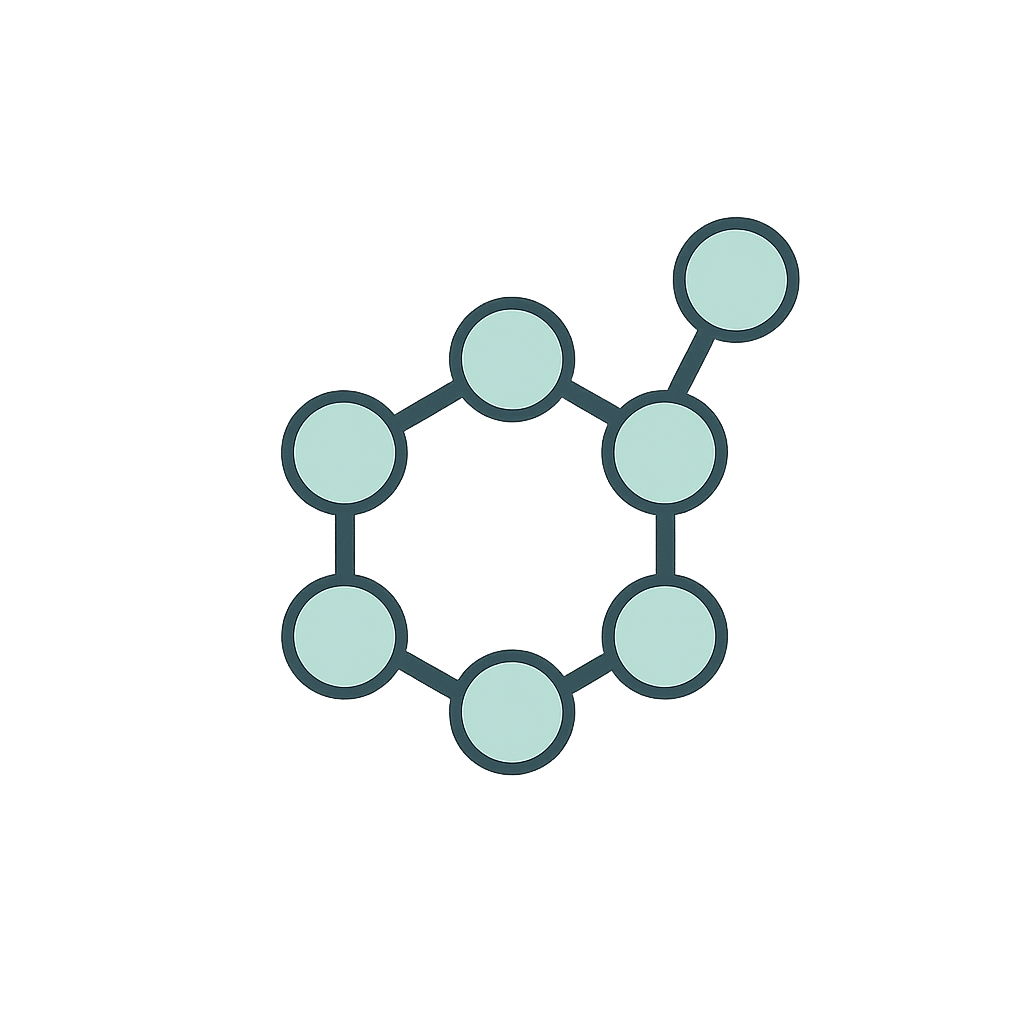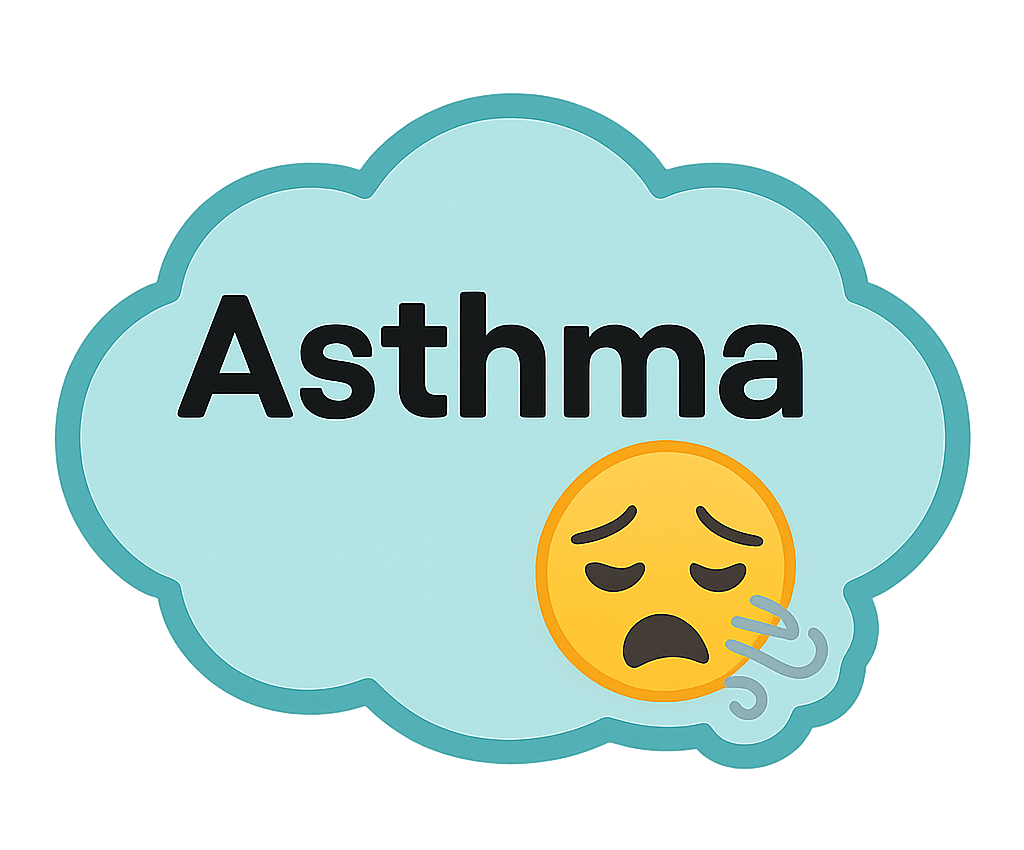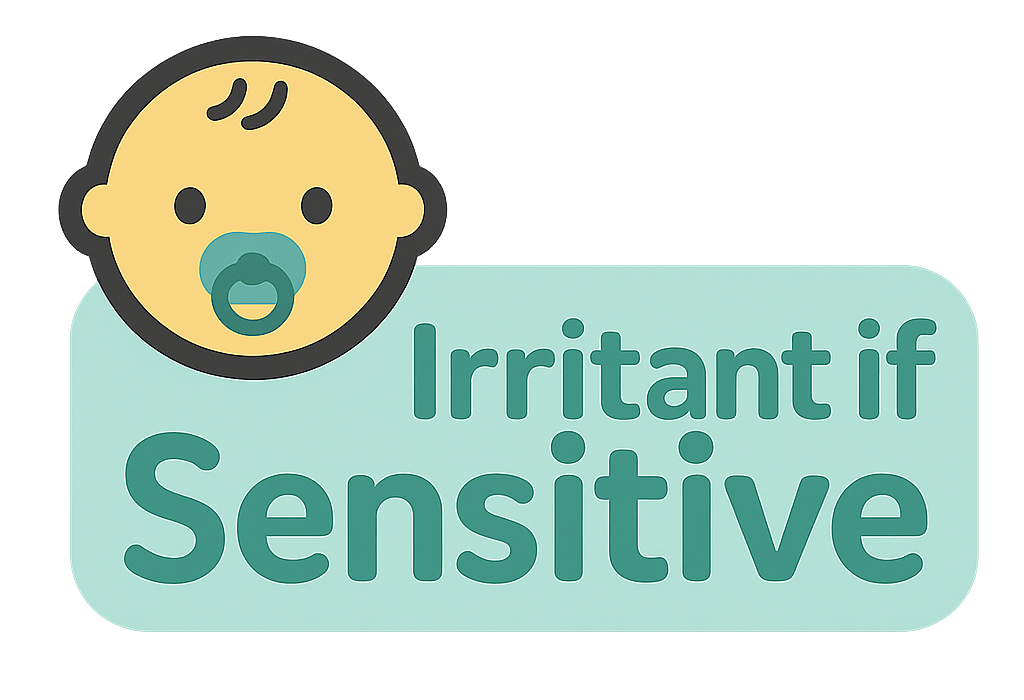Polypropylene

0-6 month old newborns • Skin contact product
Check for Different Age (6 available)
Is this safe for 0-6 month old newborns to use Polypropylene?
ℹ️General Overview
For newborns and babies (0–6 months), polypropylene used in wipes or as a fabric is usually low risk on the skin because it doesn’t easily get into the body. But some reports show it can sometimes cause allergic or respiratory reactions in sensitive people, and some government reviews raise caution about organ-level effects in certain situations.
✅What to Do
Use products made for newborns and labeled for sensitive skin; avoid long, repeated wet contact with the same polypropylene surface; stop use and wash the area if you see redness, bumps, or swelling; choose wipes or garments that list safety testing or that are free of unnecessary additives. If your baby has eczema, very sensitive skin, or breathing issues, consider polypropylene-free options and ask your pediatrician.
⚠️Warnings
Watch for skin redness, rash, swelling, or breathing changes and stop use immediately if these occur. The caution comes from government reviews (Environment Canada) and occupational/medical reports that note possible immune or respiratory reactions. Also be aware that some industry verification programs limit use of polypropylene in certified products unless manufacturers provide specific safety data, so look for products with clear safety support.
Are you holding the product?
Scan the full ingredient label and understand if it's safe for your child.
Safety Risk Labels
This ingredient has the following documented risks:




Tap or hover over labels to see detailed risk information.
Alternative Names for Polypropylene
This ingredient may also be listed as:
Always check ingredient labels carefully, as ingredients may be listed under different names.
Products Containing Polypropylene
This ingredient is found in the following products:
This list shows products that contain Polypropylene or its alternative names.
Research Articles on Polypropylene
Scientific research related to this ingredient:
These research articles provide scientific evidence about Polypropylene safety and effects.
Common Questions About Polypropylene
Is this ingredient safe for newborns to use Polypropylene?
Yes, Polypropylene is generally considered safe for 0-6 month old babies based on current research.
What are the immune system risks of Polypropylene for newborns?
Could weaken or confuse immune system. This is especially important for babies whose skin and systems are still developing.
What are the asthma risks of Polypropylene for newborns?
Can make breathing issues like asthma worse in babies and kids. This is especially important for babies whose skin and systems are still developing.
What are the organ risk risks of Polypropylene for newborns?
May harm organs like liver, kidneys, or lungs with repeated use. This is especially important for babies whose skin and systems are still developing.
What are the irritant risks of Polypropylene for newborns?
Can cause skin redness, itchiness, or rashes—especially on sensitive baby skin. This is especially important for babies whose skin and systems are still developing.
What products contain Polypropylene?
Polypropylene is commonly found in skincare products, cosmetics, and topical applications. Always check ingredient labels before use.
When can infants start using products with Polypropylene?
The appropriate age depends on the specific ingredient properties and concentration. This analysis is for 0-6 month old babies. Use the age selector above to check other ages.
Want to scan another product?
Use our camera scanner to analyze more ingredient labels
Scan Another Product